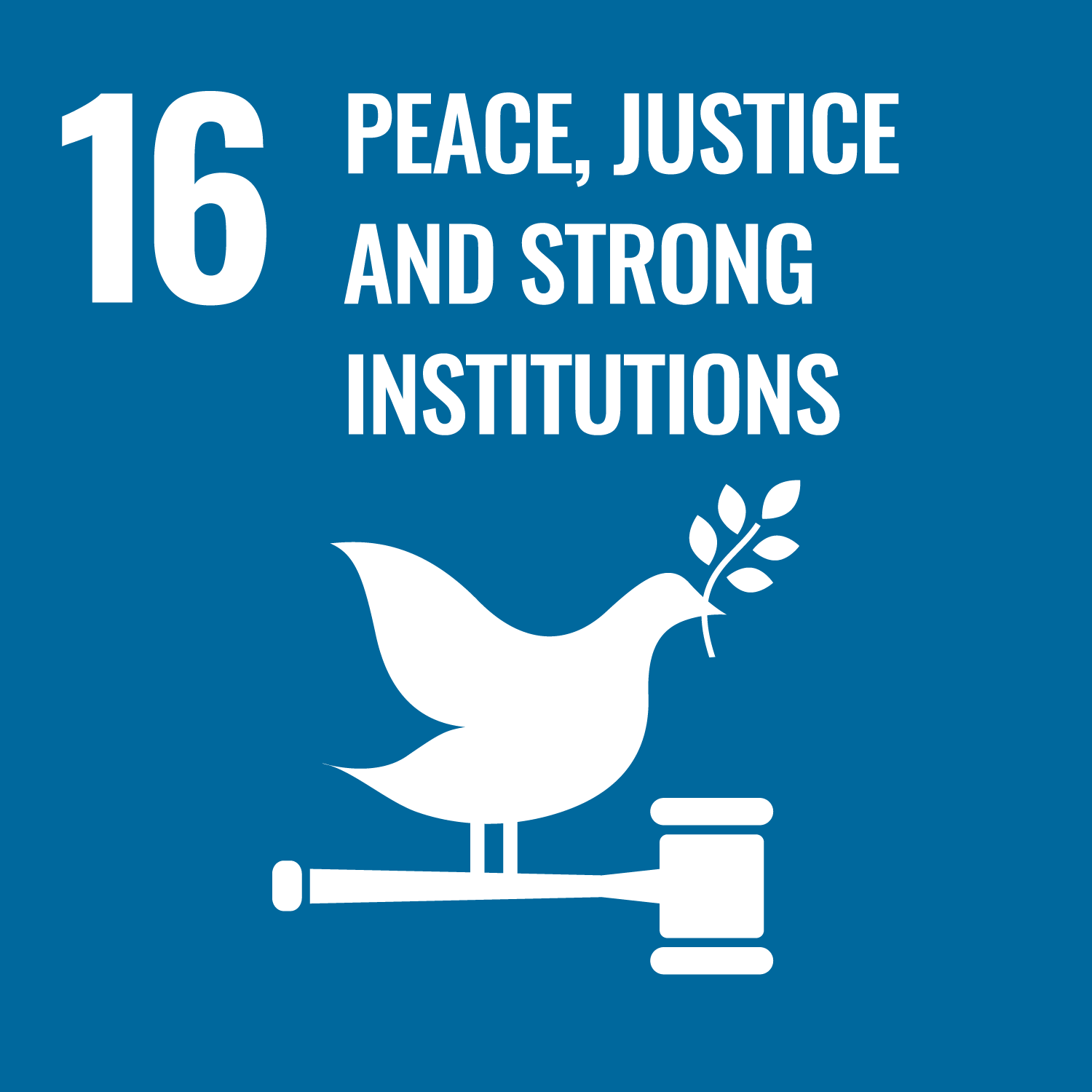This 52-page resource identifies the history, extent and nature of laws that criminalise consensual sexual relations between women, and the homophobia anti-LGBT criminal laws exacerbate to the detriment of lesbians and bisexual women. Chapter 2 presents a historical overview of laws and legal mechanisms used to discriminate against lesbian and bi women and the countries that expressly prohibit same-gender relationships between women.
Chapter 3 considers the intersections of gender and sexuality of lesbian and bi women and how these identities shape experiences of discrimination and bias. This section presents data on the specific forms of human rights abuses lesbian and bi women face and how societal gender norms shape these abuses. Chapter 4 includes a graphic representation of the human rights law violations lesbian and bi women face. Chapter 5 explores the limitations of existing research and data collection methodologies. This touches on the relative invisibility of lesbian and bi women with the LGBTIQ+ community.
This resource includes useful graphs and tables, including a map of countries that criminalise lesbians and bisexual women as well as a table of country Gender Gap Index scores of criminalising versus non-criminalising countries.








